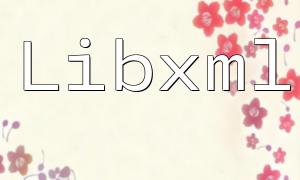When working with photos taken from mobile phones or digital cameras, we often encounter incorrect rotation issues. To ensure photos display correctly during uploads or other operations, we can use PHP and the Exif extension to extract and fix the photo's rotation angle.
Before getting started, make sure the PHP Exif extension is installed on your server. If it is not installed, use the following command to install it:
<span class="fun">sudo apt-get install php-exif</span>
Once installed, remember to enable the Exif extension in your php.ini file by uncommenting extension=exif.
After enabling the Exif extension, we can use PHP code to read the Exif metadata of a photo, including its rotation angle.
First, use the exif_read_data() function to read the Exif data of the photo:
<span class="fun">$exif = exif_read_data('path/to/photo.jpg');</span>Once the Exif data is read, we can extract the rotation information by accessing $exif['Orientation']. The rotation angle in Exif is typically represented by an integer, which corresponds to the following:
We can calculate the correct rotation angle based on these values:
function getPhotoRotation($exifOrientation) {
switch ($exifOrientation) {
case 3: $rotation = 180; break;
case 6: $rotation = 90; break;
case 8: $rotation = -90; break;
default: $rotation = 0;
}
return $rotation;
}After extracting the rotation angle, we can use PHP's GD library to perform the actual image rotation.
First, use the imagecreatefromjpeg() function to load the image:
<span class="fun">$image = imagecreatefromjpeg('path/to/photo.jpg');</span>Next, use the imagerotate() function to rotate the image:
<span class="fun">$rotatedImage = imagerotate($image, $rotation, 0);</span>
Finally, use imagejpeg() to save the rotated image:
<span class="fun">imagejpeg($rotatedImage, 'path/to/rotated-photo.jpg');</span>
By using PHP and the Exif extension, we can easily extract a photo's rotation angle and use the GD library to perform the image rotation. This method not only ensures that the photo is rotated correctly but also helps avoid display errors when uploading photos.









